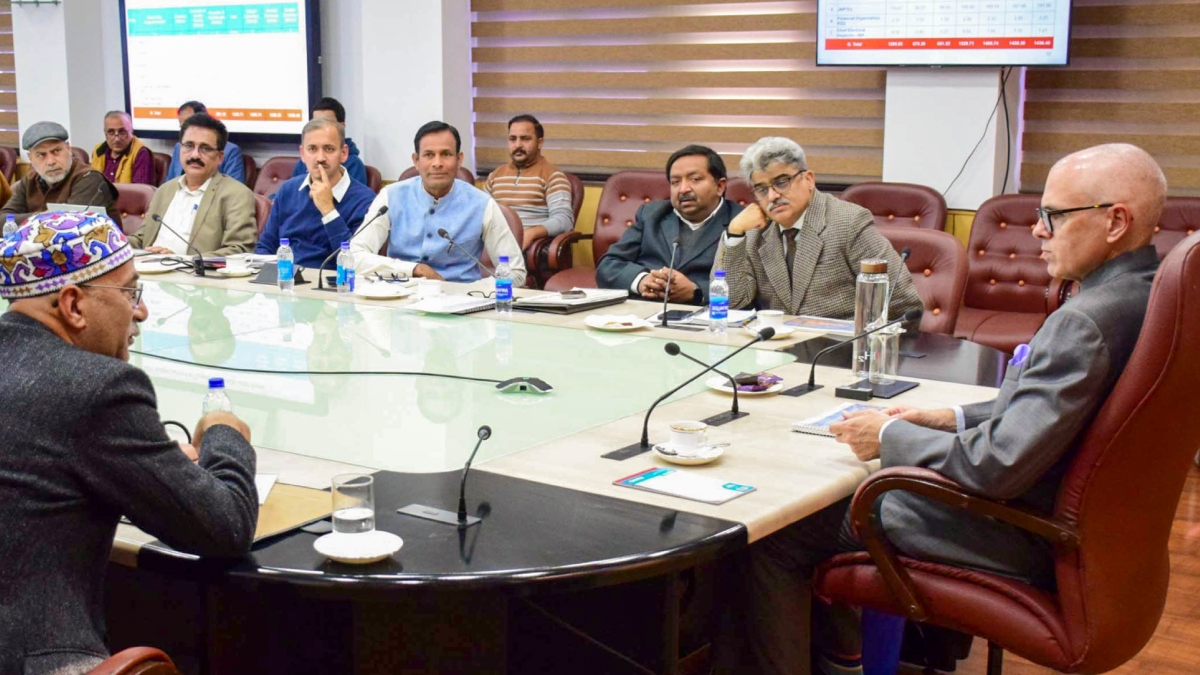Consumers in Jammu and Kashmir will get 200 watts of free electricity starting in March 2025 as part of the National Conference’s election promise, said leader Tanvir Sadiq.
The move aims to provide relief to people who are unable to deal with power bills due to the installation of smart meters.
However, it is not clear whether free power up to 200 watts will be offered to all consumers or only to those belonging to economically weaker sections of society.
“This promise is not symbolic; it’s backed by action,” Sadiq said. “We are finalising the modalities to roll it out without affecting the current power supply.”
Pointing out that a formal announcement of the finalised plan is expected soon, he said the government is keen to ensure a consistent electricity supply, avoiding additional power curtailments.
He said that the announcement underscores the NC government’s determination to deliver on its promises.
While the scheme could be implemented immediately, the government is taking a cautious approach to avoid potential disruptions in the power supply. He mentioned that the government is balancing the rollout of the program with the need for uninterrupted energy access for all.
However, power outages have increased in both metered and unmetered areas. Residents have also complained of low voltage.
The NC-led government is making efforts to impact the people; however, due to restrictions on the powers of the government in a Union Territory, the government is feeling constrained.
After being sworn in on October 16, the Omar Abdullah-led government has taken significant steps, including the passing of resolutions on the cabinet and assembly for the restoration of statehood and special status to Jammu and Kashmir.
The government has also announced its first employment policy of appointing more than 570 lecturers for higher secondary classes. Additionally, it has reinstated the academic calendar to November-December from March, a change that was implemented by the Lieutenant Governor Manoj Sinha-led administration to align it with the rest of the country.
However, due to harsh winters beginning in November, the academic calendar concludes with examinations in December, followed by a winter vacation until March.



